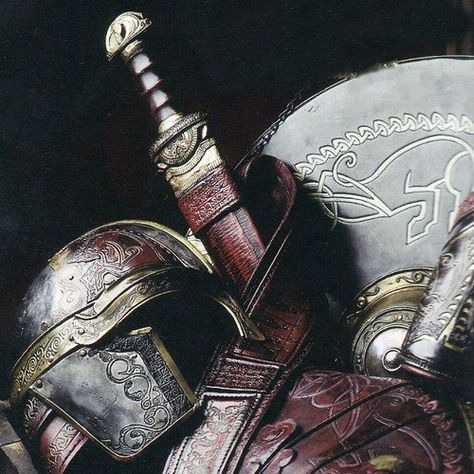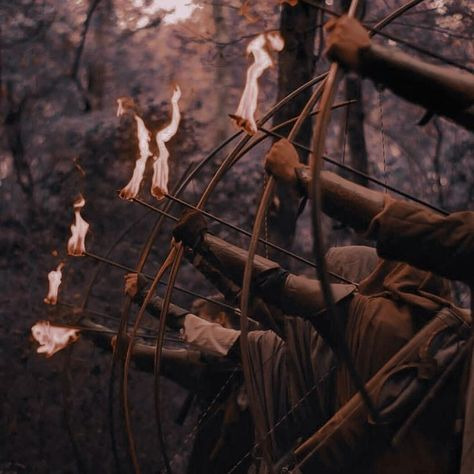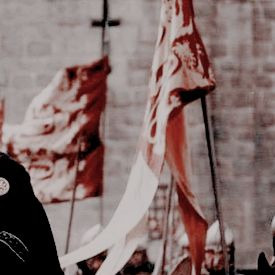Text
if i ever misgender you or use slang (bro, man, gurl, dude) that makes you feel even slightly uncomfortable please tell me because your gender identity and comfort is more important than any word i may use to refer to you
606K notes
·
View notes
Text
Just realized that both coming out day and indigenous peoples day are on the 11th this year so here's your reminder from your local queer native to not let Indigenous Peoples Day get ignored and forgotten this year. Support natives even if they're not queer this october 11th, and don't let white + colonized narratives be the main focus of the day.
36K notes
·
View notes
Text

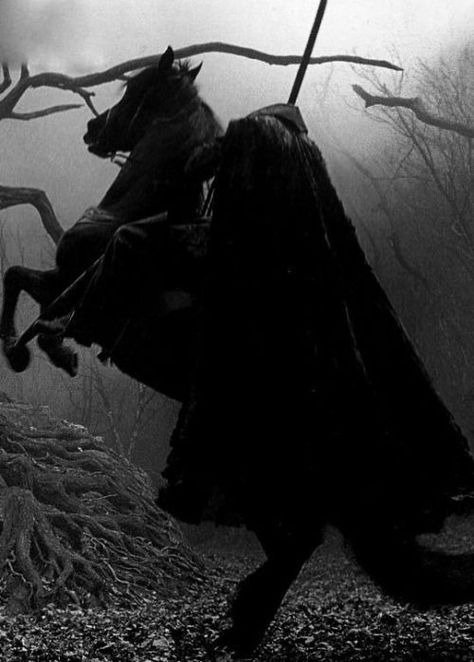


In that moment, she knew she would not be the same come dusk. But that was alright -- neither would the world.
1 note
·
View note
Text
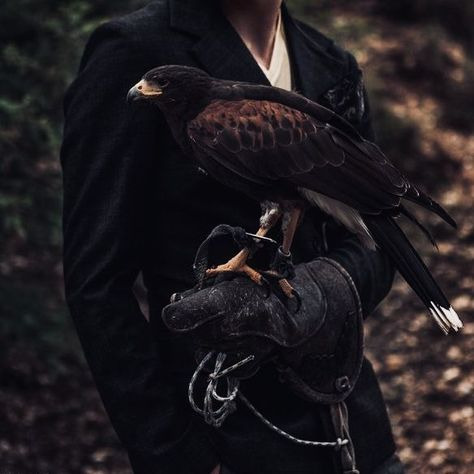

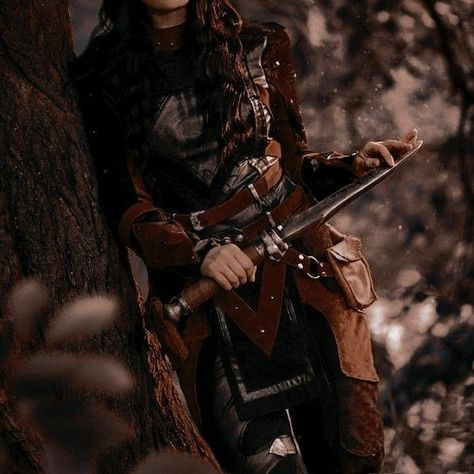

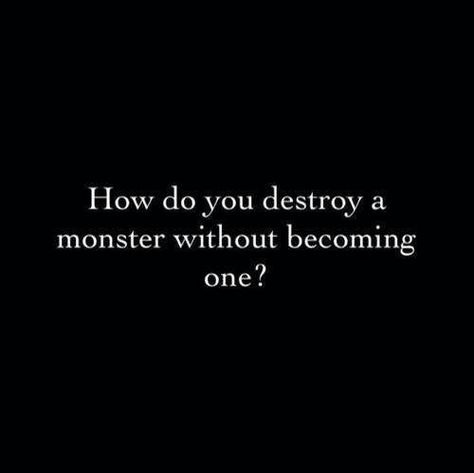
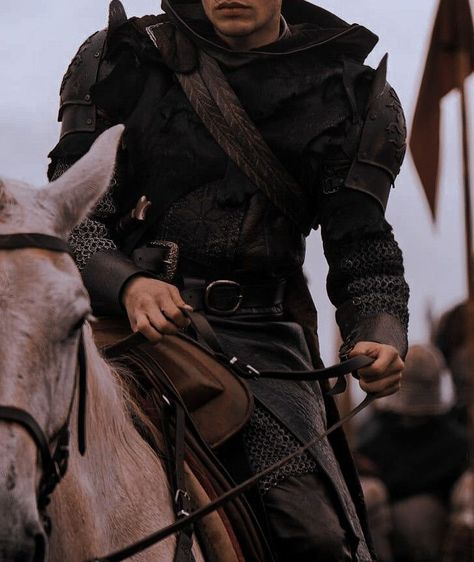
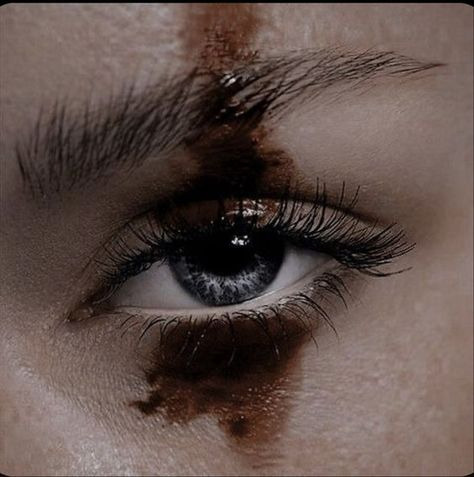
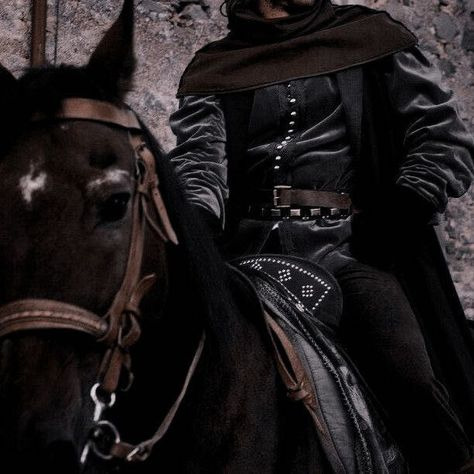
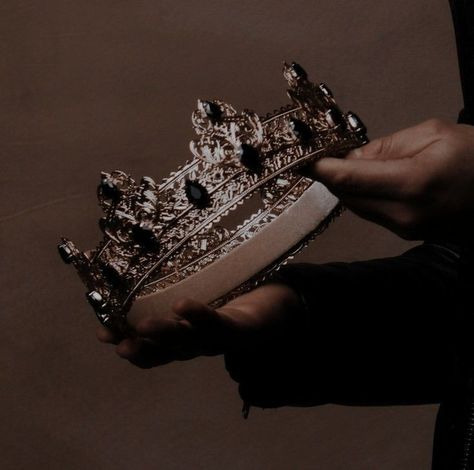
3 notes
·
View notes
Text
How to Preptober
So.
It's October. Spooky season, pumpkin spice...and frantically attempting to create and organize character sheets and/or scene cards and/or series bibles and/or nano survival kits. You know the drill. (And if you don't, in fact, know the drill, allow me to redirect you to nanowrimo.org, because I highly suggest you learn the drill.)
Whether you're going for the traditional 50k, joining me in the 100k club, or editing the seventh draft of your latest manuscript, (or any other way of approaching Nano,) prepping is an essential step of getting there. Yes, even for pantsers -- Nano is 10x easier once you have at least a beginning, middle, and end. I myself have started to go to ridiculous amounts of plotting, but how do we get from the general bleh of story ideas to a beautifully constructed story bible?
While the Nano website has great resources, here is my self-constructed step-by-step for lazy people. As long as you do the first three steps, I'd say you're prepared for Nano, and you can continue on as many steps as you'd like.
Story idea
(arguably the easiest part. and the one that requires the least explanation.)
Brief shitty synopsis
(seriously. be shitty. i write a sentence for my set up and beginning, a sentence for my middle, and a sentence for my resolution. that's all you need. if you'd like, you can also make a title, writing playlist,
pinterest board, etc..)
At least name the characters
(this is not a prescription for character sheets. they're great, but unwelcome here. write a list of characters you're probably going to include - this might (will) end up being added to or deleted from - and maybe a few words describing their role. go further than "side character" and "antagonist". I personally like "bitchy bff" and "snarky child with a large hammer".)
Plot
(this is where it gets fun. fun obviously meaning "grueling and easy to procrastinate". I'm currently stuck in this step right now. the easiest way to do this, at least for me, is to choose a formula -- save the cat, seven act structure, katytastic's outlining method (which is the one I use), etc. etc.. fill in the formula, change it where necessary, and voila, you're a plotter.)
Now actually flesh out your characters
(this may or may not be where character sheets come in. of course, I'm quirky and don't use character sheets. I write a paragraph of biography for each character and find a picture to represent them.)
Scene cards
(scene cards always seem mysterious to me, although I've used them before. they're a great tool and make writing much faster and much easier, so why wouldn't you use them? I don't have a specific method for making scene cards; I really just go through my outline and write a paragraph or two about each scene. then, later when I'm writing that scene, I make that paragraph visible to me and write. it keeps me from having to write on a blank page.)
Worldbuilding
(for me, this happens as I outline, but you might want to do it after you plot. that's good and well, just please please please don't do it before you plot. do not fit your story to your world. story and characters come first!!! I'll do a separate post on worldbuilding - it's a complicated topic - but for now just know that everyone worldbuilds differently.)
And there you go! Go through all of this and you are just as (if not more) prepared for Nano as I am. I will see you in November! (No, I won't, because no tumblr during Nano. This rule applies to both me and you, alright? Tough love.)
Happy writing!
#god damn it i need to be doing psych homework#writing#am writing#nanowrimo#preptober#im back bitches#someone write a snarky child with a large hammer please and thank you
6 notes
·
View notes
Text
"It is forbidden to kill; therefore all murderers are punished unless they kill in large numbers and to the sound of trumpets."
- Voltaire
#voltaire#literature#quotes#dark academia#i wish i had the patience to actually do shit but nooo i have to jump from thing to thing leaving a mess in my wake
2 notes
·
View notes
Text
How to make a novel playlist
I love my novel playlists. I love the way they completely immerse me in my project (I make them for all projects I expect to take more than a week) and make me look forward to writing it. They're fun to make, a great way to remember each story you write, and make you feel really productive.
So how do you make effective playlists?
By far, the best novel playlist I've made is this one (Apple Music). I usually listen to classic/hard rock or classical (because I'm contradictory by nature), so the more contemporary Saint Motel and Grouplove on this playlist were a fun change. So that's something I suggest: Make it a different genre from your usual music tastes. If you listen to rap, make a blues or folk playlist.
But don't sacrifice overall vibe to make it different. Only add songs if they fit the feel of your book. For an apocalyptic urban fantasy story I recently wrote (or started to write -- I was forced to take a long hiatus and lost interest in the story) ((I'm going back to it at one point though it was hella fun to write)) the playlist was mostly classic rock, even though that's my main listening taste, because that fit the story best.
But you want to make sure they're songs you've never heard before -- or at least don't remember hearing. If you add a song you listened to with your ex, then every time it comes up in the playlist you'll stop writing and start thinking about the harsh breakup you had a month before and have to take a break so you don't start crying. (I've never done that before. Never.) Make sure there are no memories - even happy or mundane ones - attached to a song.
That's all and well, but how do you actually make the playlist?
Here's a step by step.
Figure out what vibe you want
(this is probably easiest in realistic fiction/mystery/thriller/anything that happens in the real world, and hardest for fantasy/sci fi writers. for my fantasy, I typically choose a vibe that fits the MC (or at least most of the pov characters) the best. basically what the MC would listen to if they lived in our world.)
Google "[my vibe] songs"
(you'll have to choose whether you want songs with or without lyrics here. I like my songs to have vocals, so I type "with words" at the end. Quora is a great resource for this, or other forum-type sites. here are some things that come up when I googled "mystery songs with words":
- Sound of silence, Ania
- Comfortably numb, Pink Floyd
- Show me the meaning of being lonely, Backstreet Boys
add the first three or four songs you find and like to your playlist.)
Find more songs like that
(spotify is great at this. unless there's been a sizable update recently, if you scroll to the bottom of a playlist you created there should be a list of songs similar to the ones you've chosen, and you can pick from there. if you're on apple music (like me), you can right click on each song and press "make station" to find similar songs. this can take a while, but I suggest having at least an hour's worth of music.)
Curate!
(write along to this playlist, even if you're only making an outline. if any song jolts you out of the zone, or if you just feel like it doesn't fit the vibe, remove it from the playlist. and if you ever hear a song that you think would work, add it to the playlist.)
I hope this helps, and happy writing!
#i know i'm a loser for using apple music shut up#if anyone wants a novel playlist hmu i love making these things#amwriting#novel#writing tips#writing advice#writing
7 notes
·
View notes
Text
How to actually follow an outline
You know all those pretty scene cards you've got on your bulletin board, that nice bulleted list or spreadsheet, planning out this wonderful story you've got in your head?
You know that fabulous feeling when you completely diverge from the outline and have no idea where you're going next?
If you don't know this feeling, congrats. You're officially an android. But for all my human friends who have problems actually writing the story they've planned, I've got some advice:
Don't.
Stories are their own sentient creatures sometimes. They throw tantrums, get lost in the grocery store, and make you laugh just as much as they make you cry. You can't really impose rules on a story.
Or maybe that's just me.
I used to be a massive planner. I was the person who had spreadsheets and character sheets and questionnaires and multiple maps of my world.
Then I did Nanowrimo, and that all went to hell.
The thing is, when a project is trying to go one way when your outline goes a different way, that's usually because your outline sucks. Which isn't a bad thing. I don't mean that you did a horrible job outlining -- I just mean that you can't possibly know your characters' personalities before you write them, you can't know what your story will do until you write it. You can have a vague image, but specific scene cards probably aren't gonna work out.
So that's how I outline. I figure out my beginning, my end, and how to get there. I write a one sentence synopsis (easily the hardest part), a three sentence synopsis, and then SOC (stream of consciousness writing) about the rest of the plot. I do enjoy worldbuilding - often an entire story will be born out of an idea for a magic system or government I'm hyped up about - so I'll draw maps and diagrams about that and confine my story to the rules in the world. But aside from that, I'm a hardcore plantser.
Again -- some people might have no problem wrangling their stories. That might be a result of being able to craft characters and plot points better in their head and truly visualize them. But from the writers I've talked to, sticking to the beautiful outline you've created can be a real struggle. So I hoped this helped, and happy writing!
#my brothers refuse to clean as i'm working my ass of cloroxing every room in the house#amwriting#writing tips#writing advice#writing#outlining
6 notes
·
View notes
Text
"Cowards die many times before their deaths; the valiant never taste of death but once."
- Shakespeare; Julius Caesar, Act 2, Scene 2
1 note
·
View note
Text
I'd say the one I'm currently writing, but that seems presumptuous.
any gay dark academia book recs that aren’t if we were villains, these violent delights, plain bad heroines and dorian gray (already read those)? pretty please
25 notes
·
View notes
Text
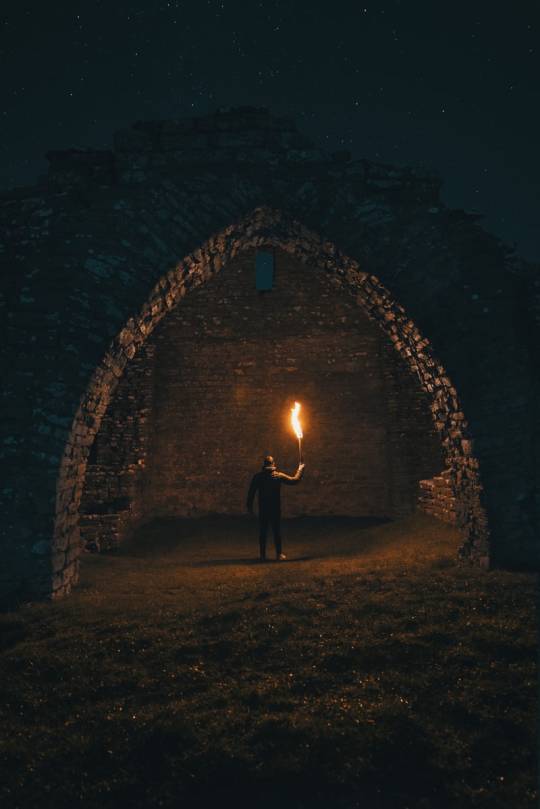
#someone give make me a map so i can go on a noble quest and fight a dragon and find my true love and give my gold to a library#can't be too unrealistic#can it?
1 note
·
View note
Text
A basic guide to writing editors
AKA, which ones are worth shit
Alright. There are loads of options when it comes to editors you can use for writing. I myself use Scrivener (mostly because it makes me feel fancy), but there are plenty of other great services.
Here's a list of my favorites.
Google docs/Microsoft word (free)
These are the basics, right? Probably everyone's written on one of these bad boys before. They're efficient, simple, and...not really meant for writing prose creatively. At least, not in the way I write.
I don't write linearly. I like to jump around, jot down ideas, and move scenes or chapters around. Google docs (I haven't used Word, though I'm pretty sure it's about the same thing) just doesn't let you do that. If you write in a straightforward, beginning to end fashion, these editors' accessibility and easy collaboration capabilities might work for you. But if you're more like me, it can be limiting and disrupt your creative flow.
Ommwriter (pricing varies, free trial)
May I just point out that the vibe for this site is incredible? Very well designed. I can only imagine what it's like to write on it full-time. I've tried the "experience test" on the homepage, and it seems really cool. The experience is very minimalistic, and it makes sounds when you press keys on your keyboard. It's less of somewhere to keep your writing, format and assemble a story, than it is a tool to force you to focus and just write, but it's still a really cool platform. It is, however, paid for, though it seems relatively cheap (prices vary -- I'm not really sure how or why).
Reedsy writing editor (editor free, other services' pricing varies)
While also having a fabulous blog, Reedsy runs an editor that can be used to write. I used it to write about 40,000 words of a project early in my writing journey. While I think it's supposed to be more about editing than writing, this makes it very streamlined and fun to write on. It's also a great platform to connect to agents and editors, if you so choose, and to format your writing for ebooks. Plus, there's a great weekly short story contest on the same website. It's just an awesome writing resource everyone should know about.
myWriteClub (free)
I have never seen anyone else mention this website, but it's amazing. It's a place to do writing sprints with strangers on the internet, where you see people's word count, but not their writing (obviously). There are always people on there, and it's just great fun. Another resource you should not use to store your writing, as I'm not sure how reliable their dropbox uploads are.
Calmly Writer (free)
An even more minimalistic Ommwriter, and something I use quite frequently. It's essentially just a cream-colored screen for you to write on, though there are options to print, insert pictures, and you can save documents right on the site. I don't save my work there, but if my typical approaches aren't working, I'll switch to Calmly Writer and just bang out some words.
Hermit (free or paid)
I haven't used Hermit extensively, but good things have been said about it. It's minimal, you can save things to it (woah), and it has a communal library where you can "publish" your work. It seems like a great platform.
Scrivener (paid, free trial)
You knew it was coming. I, personally, love Scrivener. It can be streamlined when you want it to be, and complicated and professional when you want it to be. It's created by authors, for authors, and it has all sorts of great features. It is pricy, however, $49 for mac users and $45 for windows. If you can afford it, it's a great, non-linear tool, and I'd love to expand more on it, though I don't want to show favoritism. There is a bit of a learning curve, and it can look cluttered if you'd rather have experiences like Ommwriter or Calmly Writer.
BONUS: Neo Alphasmart ($59.39)
A tiny LCD screen, no internet connection, only four lines of text shown at a time. This. Thing. Is. Divine. I am still a child, and my parents control my computer use, so I don't get to write on my computer a whole lot. My Alphasmart goes anywhere, has nearly infinite battery life, and can hold about 90,000 words worth of space. It is a godsend. It's completely distraction-free, and I do my best writing on this bad boy. It is pricy, and it's been discontinued, so there's limited supply, but if you're able to get your hands on one, oooh boy. I recommend it.
I hope this was helpful, and happy writing!
#i'm going shopping with this girl and i can only imagine the makeup she's going to put me through help#amwriting#writing tips#writing advice#word processor#writers
13 notes
·
View notes
Text
How to start writing once you've got an idea
You've found the perfect idea. You're ready to write. You put fingers to keyboard (or pen to paper) and prepare for the words to flow...
But they don't.
Because we're not that lucky.
Here are some strategies to get the words flowing.
Skip the first scene/chapter altogether.
(just assume the reader knows everything. no expo needed. instead of starting when they get called down to the principal's office, start when they're in detention. then, once you've written a bit - or even when you've written the end - come back and write that first scene.)
Figure out where the story starts for the character.
(maybe you don't even know where you want to start. that's fine. if you're a pantser who just won't outline, try to figure out when the character's everyday life starts to change. this is the hogwarts letter, the meet-cute in the cafe, the plane crashing. then keep going from there.)
Switch mediums.
(still can't write? switch mediums. this works at any stage in the writing process -- if you're struggling, move from computer/typewriter/phone/paper and pen to typewriter/phone/paper and pen/computer. it always works for me.)
Freewrite a bit.
(I outline by doing what I call "stream of consciousness writing" about the story. if you can't write, just SOC about your story until you've found where you want to start.)
Visualize.
(this is something I've only recently started doing. when I'm having problems starting something, I treat it like a movie. what would the first scene be? I like to close my eyes as I write it. be cinematic, be descriptive.)
Allow yourself to write badly.
(easier said than done, I know. but it's important that you don't edit as you go, especially at the beginning. ignore the typos and badly written sentences, and focus on the story. build the sandcastles later.)
#my dog keeps sneezing and it's adorable#amwriting#writing tips#writers block#writing advice#writing
13 notes
·
View notes
